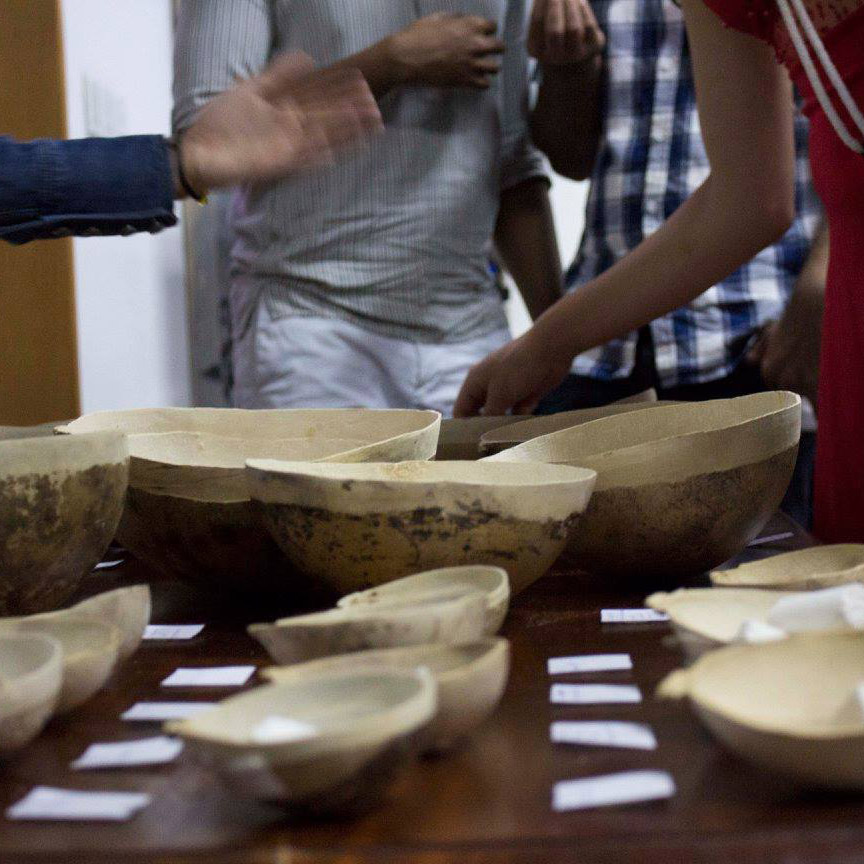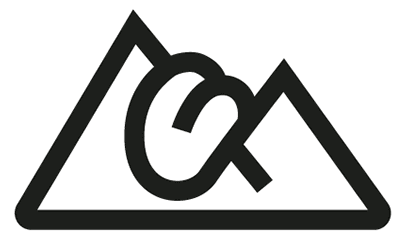'PIMBA. CLOSING THE GAP'
In a number of countries all over the world, soil eating is a common cultural, spiritual or healing practice. In particular, this tradition is present in Suriname. Apart from being an important part of Winti, pimba is an intrinsic component of the culture, as people often eat it as a snack. Especially, pimba is often consumed by (pregnant) women.
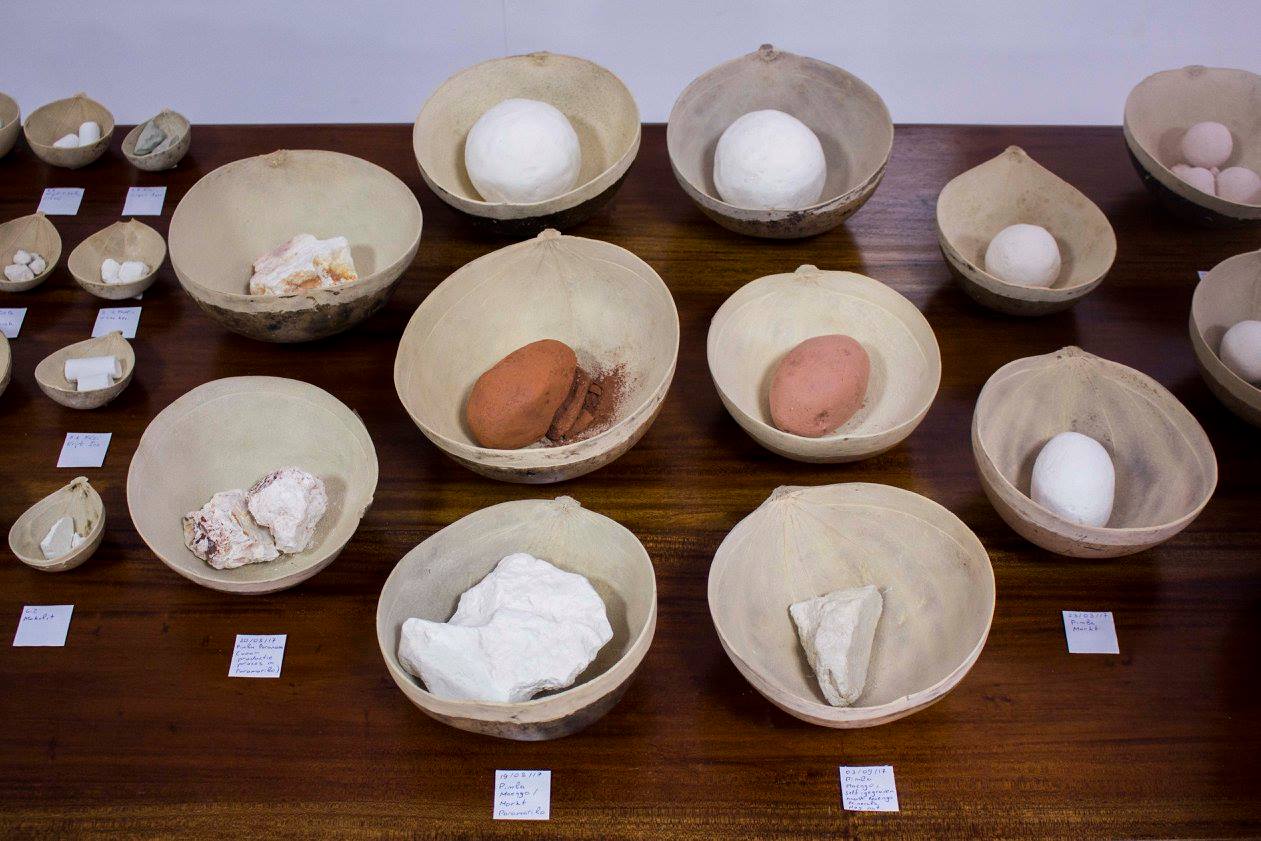
Photo by masharu
In 2013 a research by the senior inspector of Dutch Food Authority Noortje M. Reeuwijk and others was published. Their article “Levels of lead, arsenic, mercury and cadmium in clays for oral use on the Dutch market and estimation of associated risks” describes how edible clays were sampled on the Dutch market from 2004 until 2012 and further examined. The study focuses on 36 traditional clays and 27 health clays (63 in total). Traditional clays on the market are usually sold in ethnic shops and the information about these clays is scarce, there is often no labelling and proper packaging. Health clays are generally marketed as food supplements; they are well packed and labelled. One can find them in health shops, such as Ecoplaza, and web shops. In the work of Reeuwijk, 26 out of the 63 edible clay samples originate from Suriname. The authors of the publication point out that the use of traditional and health clays should be discouraged since it can seriously damage health due to their toxicity.
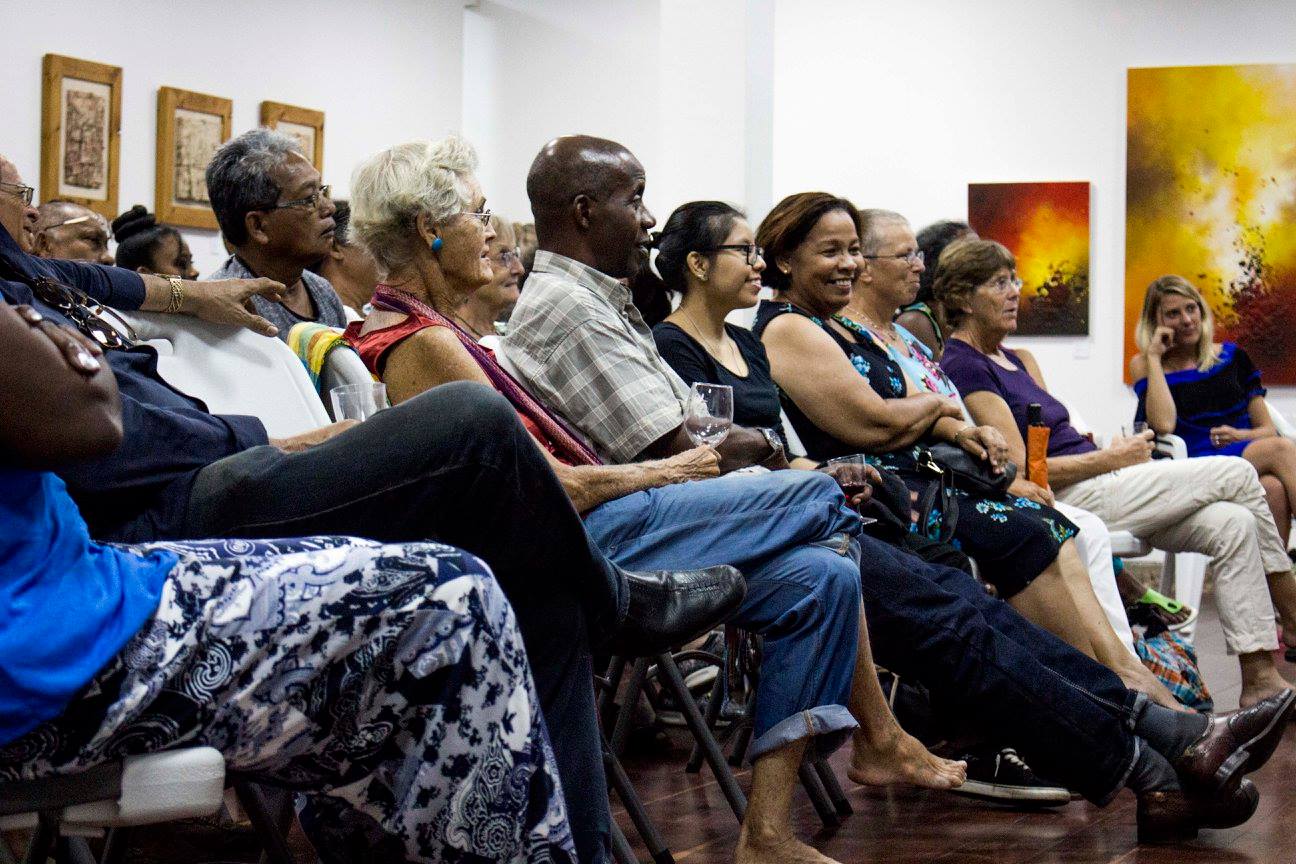
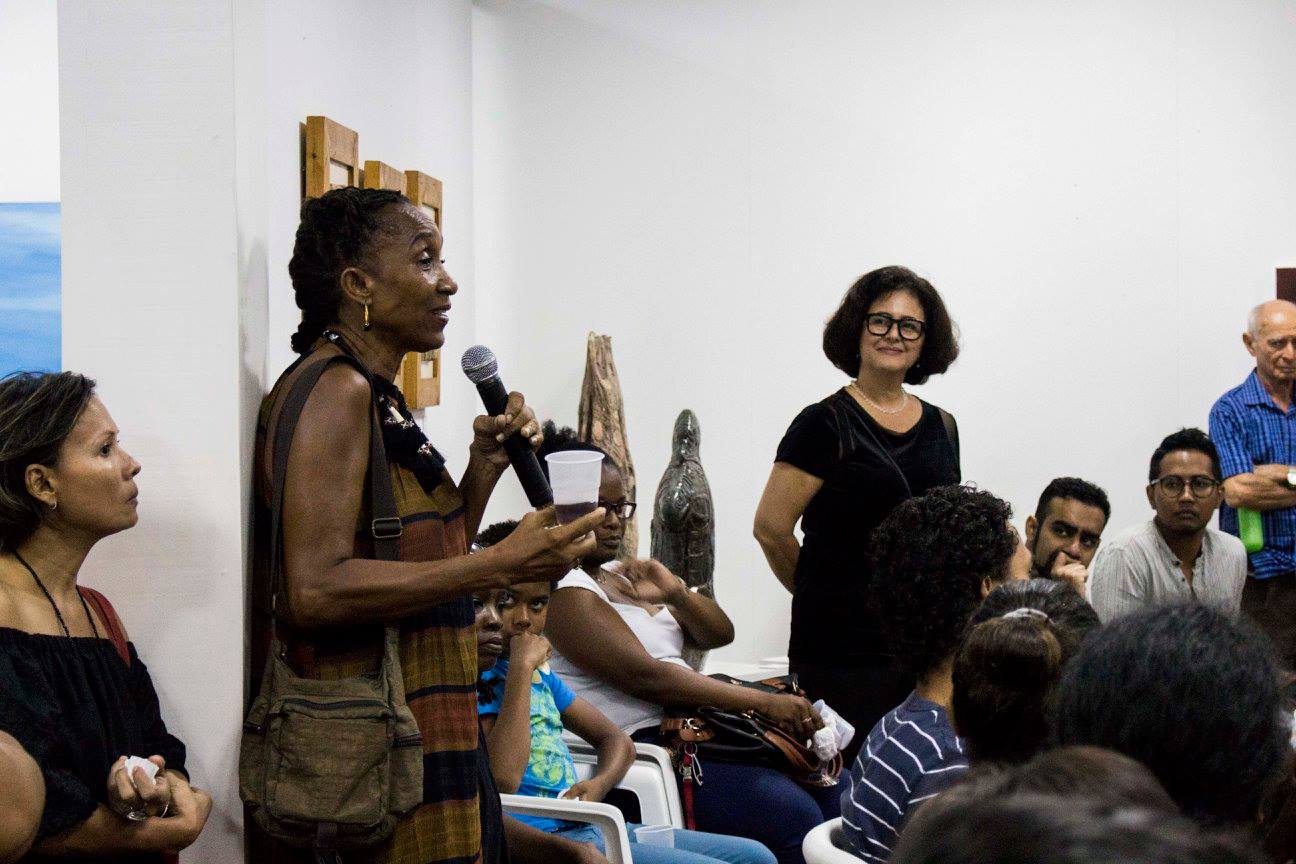
Photos by Ielyj Ivgi
My genuine interest in the topic led Ielyj Ivgi and me to Suriname where I carried out a field research and collected first-hand information while interacting with the local communities. We have learned a lot about pimba, starting from its digging and production, and ending up with cultural engagement and getting to know local Winti spirituality. We exchanged with the community in Suriname by swapping pimba with various similar clays and soils from Russia and Ukraine. A number of interviews have been conducted. Video and photo documentation has taken place. We have collected more than twenty various types of pimba, which have been taken along to the Netherlands. In Suriname, pimba is not merely a deep-rooted element of the everyday life. This special kind of edible clay is often eaten as a snack and is especially valued by (pregnant) women. On a spiritual level, it is an essential component of Winti. Within the cultural practices the connection with the earth – represented by a life-giving deity – is crucial because earth gives power and helps reconnect with own self.
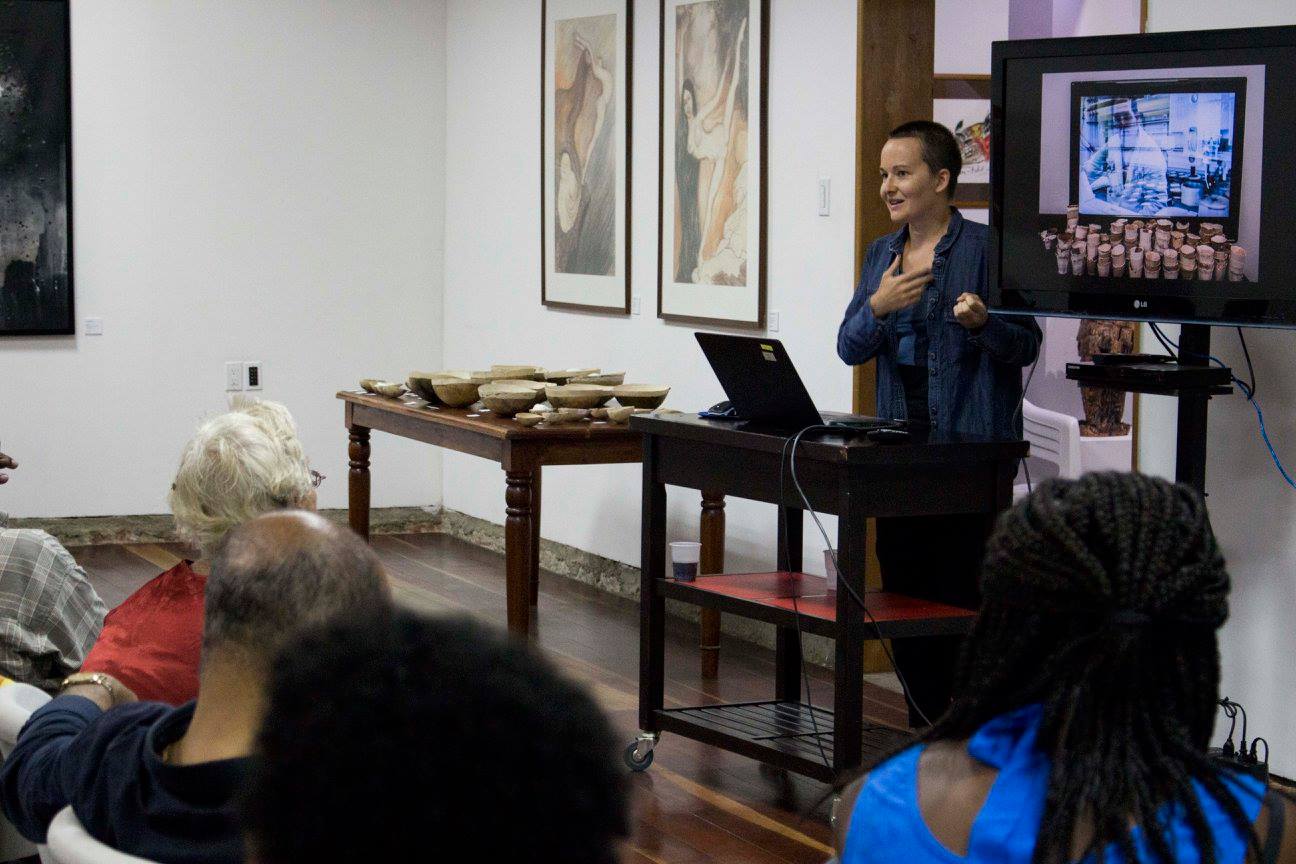
Photo by Ielyj Ivgi
‘PIMBA. CLOSING THE GAP’ is a project, which was in the stage of a research and a series of presentations in Amsterdam. It was possible thanks to the financial participation of the Amsterdam Fund for the Arts (AFK). The project is partly developed within Netherlands Institute for Advanced Study NIAS-KNAW with support of NIAS and the Society of Arts-KNAW.
More information: masharu.nl/Pimba
